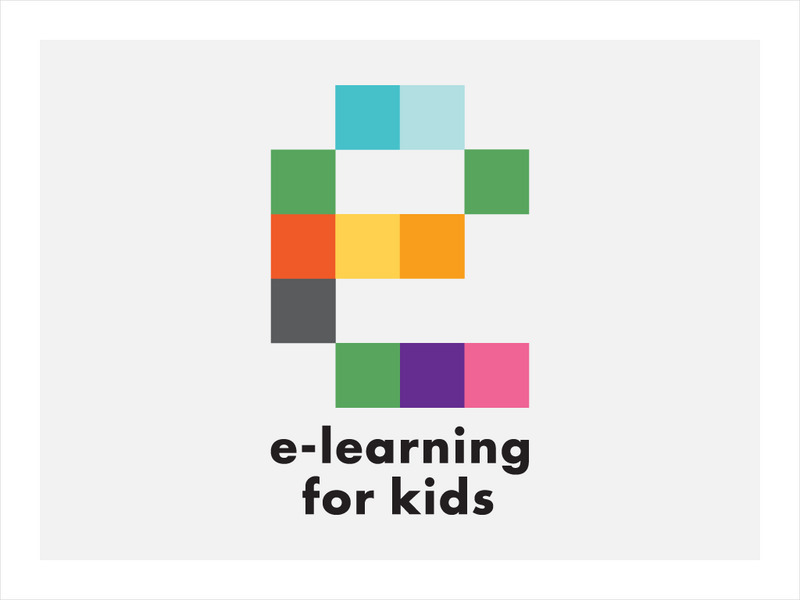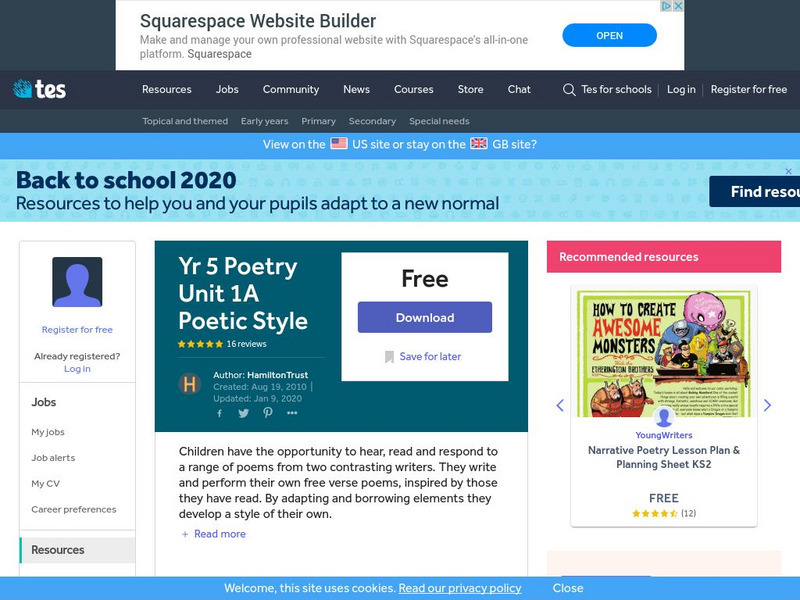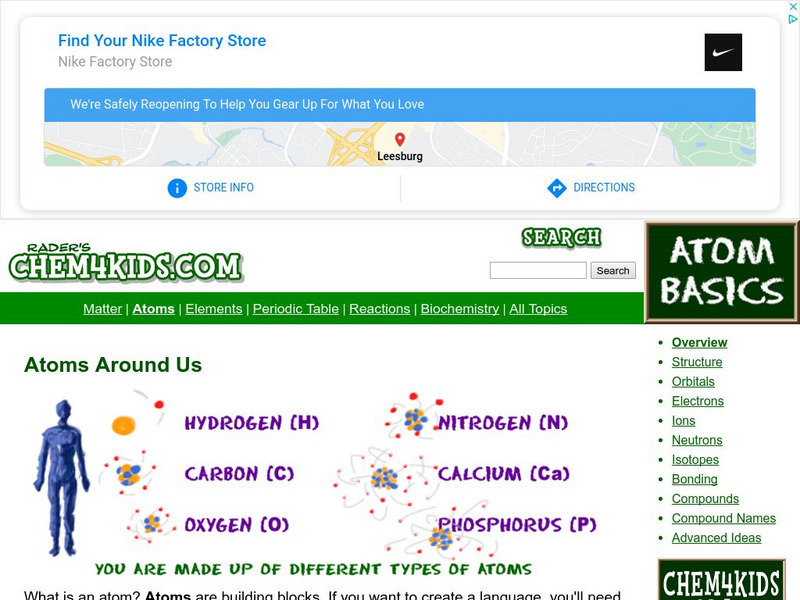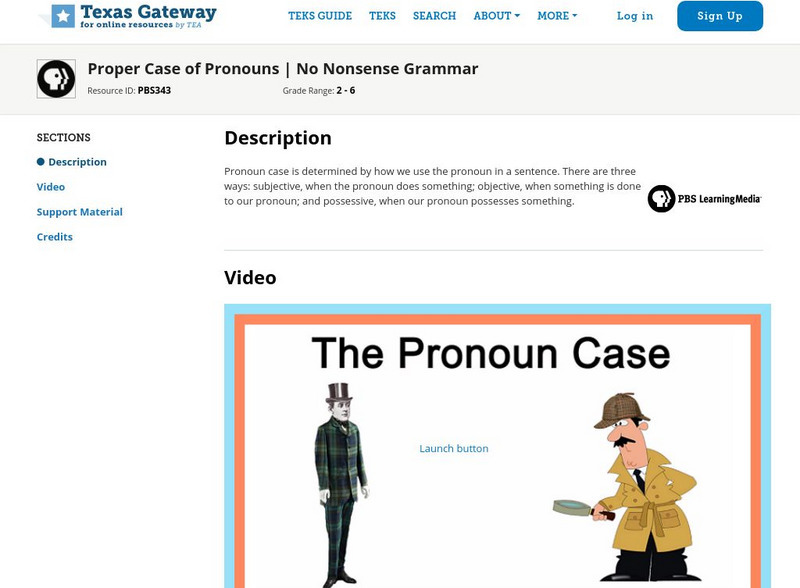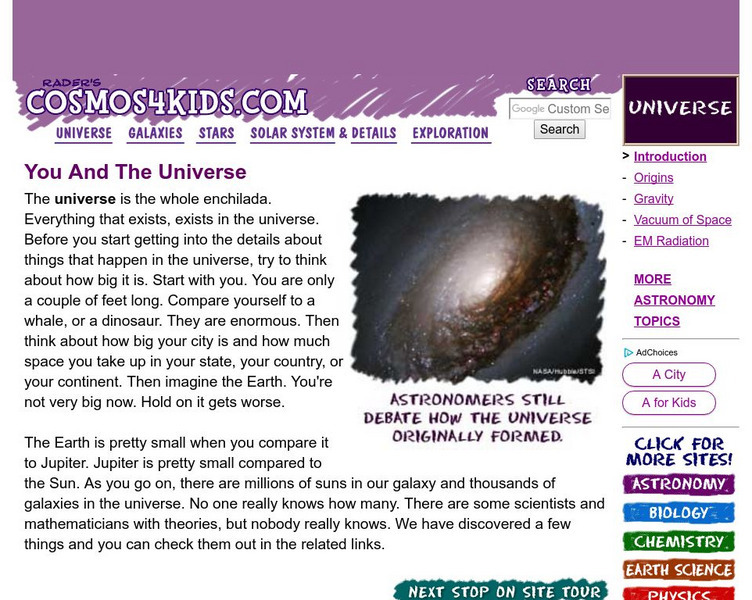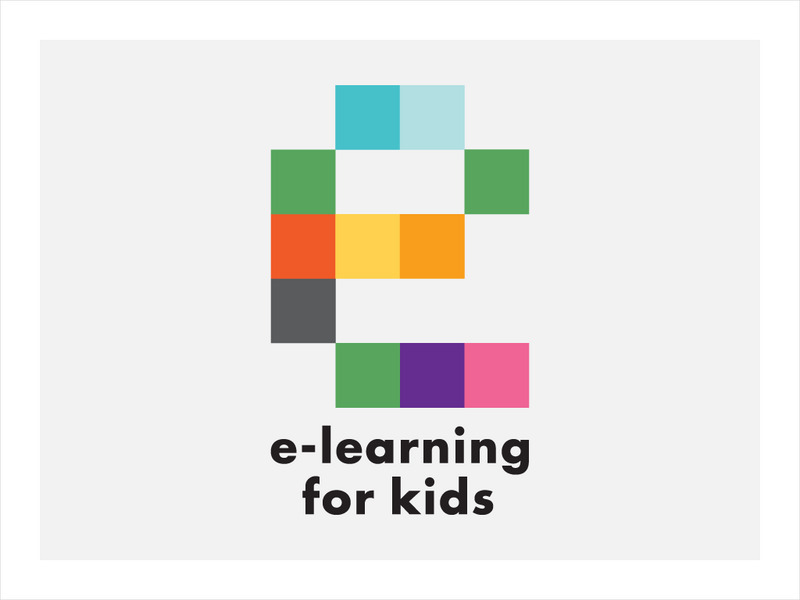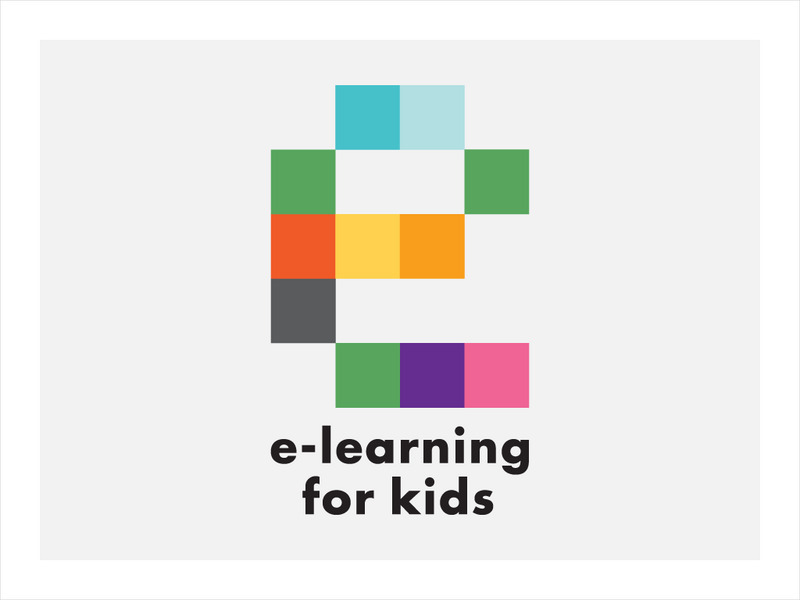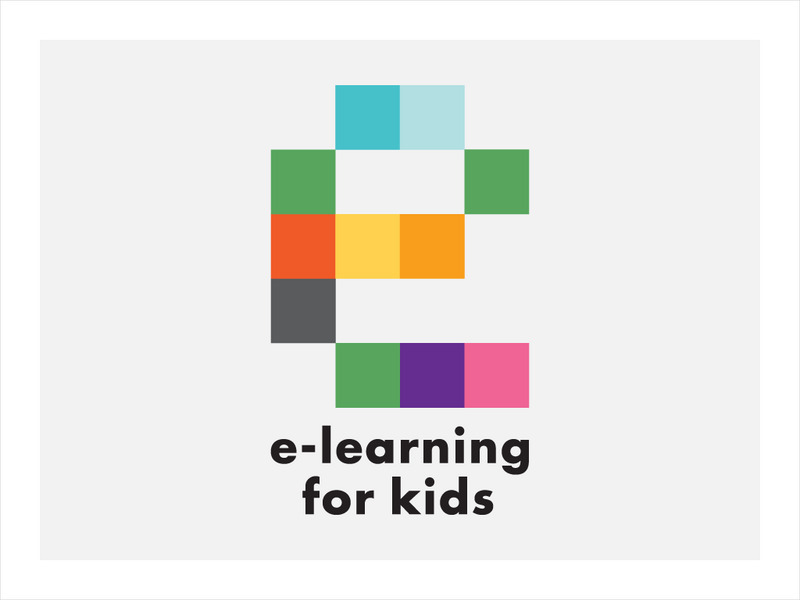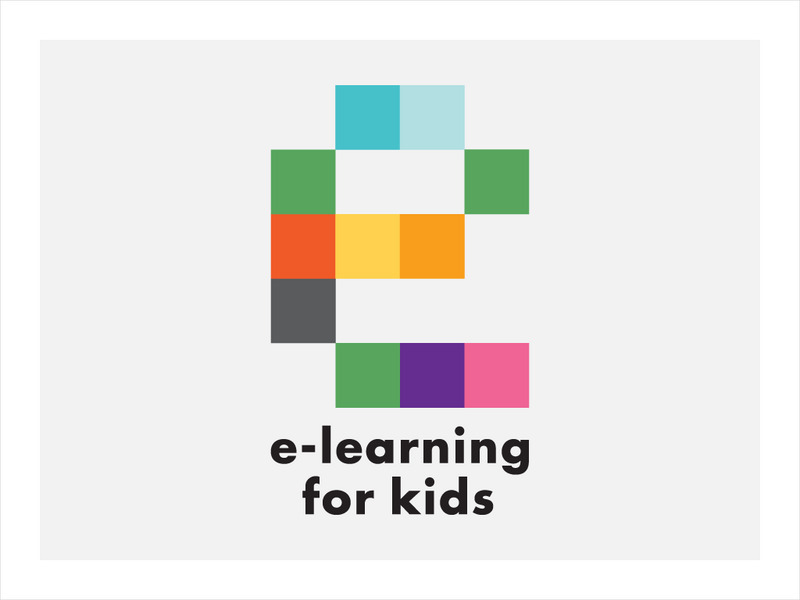Chem4kids
Chem4 Kids: Symbols in Chemical Equations
Chem4Kids! provides an overview of the symbols representing numerical values in chemical equations. Each symbol is defined and described.
Chase Young, PhD
Dr. Chase Young, Ph D: Reader's Theater Script: Rump and Ugla [Pdf]
A reader's theater script for the modern fairy tale, Rump and Ugla, is provided on these pages. Six character roles are needed in this activity.
PBS
Pbs Kids: Science Rocks: Air Lift
Through this experiment, students are challenged to lift a book (and other items) with just air. Requires simple household items, gallon-size, zipper-lock plastic bag, book, pencil, drinking straw, and tape.
PBS
Pbs Kids: Design Squad: Build: Balance Magic
See if you can balance a sculpture on the end of a toothpick!
PBS
Pbs Kids: Plum Landing: Invaders
This game is based on the PBS Kids' series, Plum Landing. Students will read various informational texts about invasive species. Then students will attempt to rid various regions of their invasive species.
Online Writing Lab at Purdue University
Purdue University Owl: Exercise: Prepositions of Direction: To, on (To), in (To)
This Purdue University OWL (Online Writing Lab) provides practice with prepositions of directions (to, on, onto, in, into).
US Department of Energy
Need Project: Solar Oven [Pdf]
An introduction and activity to engage students in building a solar oven.
E-learning for Kids
E Learning for Kids: Mediterranean Sea: How Long Does It Take for the Earth to Go Around the Sun?
Learn about the Earth's revolution and rotation in this module.
TES Global
Tes: Yr 5 Poetry Unit 1 a Poetic Style
[Free Registration/Login Required] This learning module engages students in analyzing different poems. A poetry unit overview, a poetry checklist, figurative language notes, sixteen poems and graphic organizers are included to help...
Chem4kids
Chem4 Kids: Atoms
This site provides a detailed overview of atoms. Content explores an atom's structure, as well as what ions are, how atoms bond, what compounds are (including how to name compounds), and what isotopes are.
Annenberg Foundation
Annenberg Learner: Patterns in Mathematics: How Many Valentines?
Students look for patterns to determine how many valentines will be distributed in a class of 28 students. After trying the problem, they can look at several other methods that could be used and compare the answer they got. There is also...
Texas Education Agency
Texas Gateway: Proper Case of Pronouns | No Nonsense Grammar
Pronoun case is determined by how we use the pronoun in a sentence. There are three ways: subjective, when the pronoun does something; objective, when something is done to our pronoun; and possessive, when our pronoun possesses something.
Lin and Don Donn
Mrdonn.org: Daily Life in Olden Times: Southeast Cherokee Indians
Lesson and resources on the history of the Cherokee Indian tribe.
Utah State Office of Education
Utah Science: Matter
Discover atoms and molecules which make up matter, motion of atoms and how to measure the mass, volume and density of matter.
American Museum of Natural History
American Museum of Natural History: Trip Up Your Brain
Try this trippy experiment to fool your brain.
Cosmos 4 kids
Cosmos4 Kids: You and the Universe
What is the universe? Learn about this topic in this reference article which includes a video that discusses a finding of a distant galaxy by NASA's Hubble.
E-learning for Kids
E Learning for Kids: Science: Antarctica: Describe the Life Cycle of Stars
Discover the stars with Peter. At his mom's research center, help Peter learn constellations and learn about characteristics of stars.
E-learning for Kids
E Learning for Kids: Science: Crab Boat: Why Do Plants Reproduce?
Help Carla take care of her green plants in her plant nursery, and learn about plant reproduction.
E-learning for Kids
E Learning for Kids: Science: Norway: What Happens When Parts of a Circuit Are Changed?
Join Mathias as he takes care of the electrical problems in his uncle's office. Help him figure it out, and fix the lights.
E-learning for Kids
E Learning for Kids: Science: Rio De Janeiro Carnival: What Is Boiling?
Ready for the carnival? First, help Joao get ready for his test about the water cycle, and then explore other water cycle processes.
E-learning for Kids
E Learning for Kids: Science: Scotland: How Are Shadows Formed?
Join James, as he tries to make a dog appear on the wall by using only his hands. Find out how he does this.
E-learning for Kids
E Learning for Kids: Science: Titanic Shipwreck: What Are Food Webs?
Jorge is a cook in an underwater restaurant. He knows a lot about food webs. Dive in and learn about it with him.
PBS
Pbs Learning Media: Reclaiming the Power
The CyberSquad must equally divide a number of crumpets to reclaim the power stolen by Hacker in this video from Cyberchase.
University of Regina (Canada)
University of Regina: Math Central: Problem Solving Project
This mathematical project incorporates activities on area, perimeter, distance, climate, and population. The project could also integrate other subjects such as Social Studies and Language Arts.



![Dr. Chase Young, Ph D: Reader's Theater Script: Rump and Ugla [Pdf] Activity Dr. Chase Young, Ph D: Reader's Theater Script: Rump and Ugla [Pdf] Activity](https://d15y2dacu3jp90.cloudfront.net/images/attachment_defaults/resource/large/FPO-knovation.png)




